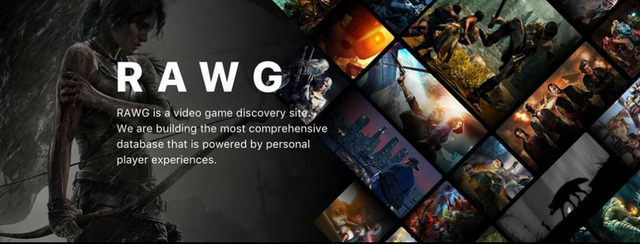The games market is a lucrative business and players enjoy the fun of playing itself. But how cool it would be if you could get rewarded for your time and skill! Developers and publishers are the ones privy to the spoils of the industry. But Limelight Networks found out that every third adult gamer would quit their job if they could earn playing. 2.6bln gamers in the world give us hundreds of millions of those who would like to support themselves by gaming. The demand is there, so where is the supply?
Technically you can say that people can earn with games. There is online streaming, writing reviews, recording podcasts, participating in competitions or testing video games but they are already over-saturated with people. Besides, these are so time-consuming and require so much skill that you can’t really distinguish them from regular jobs. You can’t profit on gaming casually like with many other hobbies.
During recent years there have been many efforts to let gamers “play to earn”. There are some companies that utilize the idea that people can be rewarded for playing — either as their core user-acquisition model or as a loyalty program of sorts. This “play to earn” niche has quite a few companies, they can be considered as rivals for RAWG token. Let’s see why they are not.
Limited to the game
There are several games that give a player a chance to get monetary rewards like Exodus 3000, Corporationmaster, Second Life, etc.
➡ Exodus 3000 is a multiplayer web-browser game where a player can receive rewards for in-game actions like mining, attacking other players and searching volcanoes on Mars. The reward you receive could be cashed out in the past but now has been closed. Since 2006 players were able to earn up to $65,000.
➡ Corporationmaster turns the player into a business mogul to run corporations, manage companies, invest and earn rewards to exchange them for money or in-game bonuses. Top players can earn up to €1000 and more.
➡ Second Life gives the player a chance to work or run any business they like similar to the real world and earn money from the ventures. A player then can cash out what they earned. In 2015 the players earned from their businesses up to $60mln and the game itself shows 600,000 monthly active subscribers.
The major problem here lies within the game itself. The player is committed to playing only one game to earn himself actual money that may not be to his taste.
Game catalogue services
Services like SwagBucks, PlayAndWin offer a monetization system that makes the player spend hard-earned points within the system for partner goods, gift cards, etc.
➡ SwagBucks lets people earn points by simply doing things online — watching videos, shopping, browsing web, etc. These points can be converted to Amazon or other outlets’ gift cards or PayPal cash back from the purchases. Judging by the stats they have paid over $270,000 to the users. While the notion is great, it’s available only in certain countries and cash withdrawal is impossible.
➡ PlayAndWin is more game-specific. It gives the player a catalogue of games that they can choose to earn tokens that can later be turned to gift cards, memberships or in-game goods on the website. But the prizes are randomly distributed if more than one player enters the draw so the player is not safe in his choice.
While both services expand the selection of activities or games the player is still limited in their choice. Furthermore, the reward is also restricted to the services’ partnerships they established.
New blockchain wave
There have been a massive inflow of crypto-related games like CryptoKitties where you can breed the cat and sell it for cryptocoin that can be later exchanged to fiat. Or many gambling games where you can win cryptocurrencies by playing Blackjack, Poker, etc. This all happened due to the safety and decentralization of blockchain solution where the player is more in control. But yet once again the gamer is stuck with the game.
A certain mention goes to BUFF that have come into a realization of the gamers’ potential. They are working on a loyalty program based on blockchain that would reward players for their time in multiplayer games like LoL, Dota 2, etc. But once again the gamer is limited to the certain games and would have to download an external application with non-existent tokenomics, for now.
RAWG as a solution
What they want to accomplish with RAWG token is different from other companies listed above.

➡ Limited choice of games is no more at RAWG. Any game that has trackable achievements across the most popular platforms like Steam, Xbox, PS is eligible for the reward. The amount of such games can go up to thousands. Gamers can just play their favorite game and get tokens.
➡ No external app is required for RAWG. Gamers will only need to sign up and sync the data with a simple click and continue playing favorite games.
➡ RAWG offers multitude of ways for monetizing your hobby. The player will be able to spend RAWG token on inner functions, partner goods (both physical and digital), or exchange the token to fiat or cryptocurrencies.
➡ Limited reward budget is of no issue for RAWG as the team considered such a possibility with allocation of 27.1% to the operational fund to upkeep the tokenomics system of RAWG.
All of the above sounds too great to be true, so where’s the catch for RAWG? There’s none, we just need the data gamers are going to share with us. Gamers will help us build the most comprehensive database and recommendation system which in turn is monetized through advertising. So roughly speaking RAWG is sharing its revenue with the users as a “thank you” for their help.
RAWG’s presale is already open, join and be among the first holders of RAWG tokens.